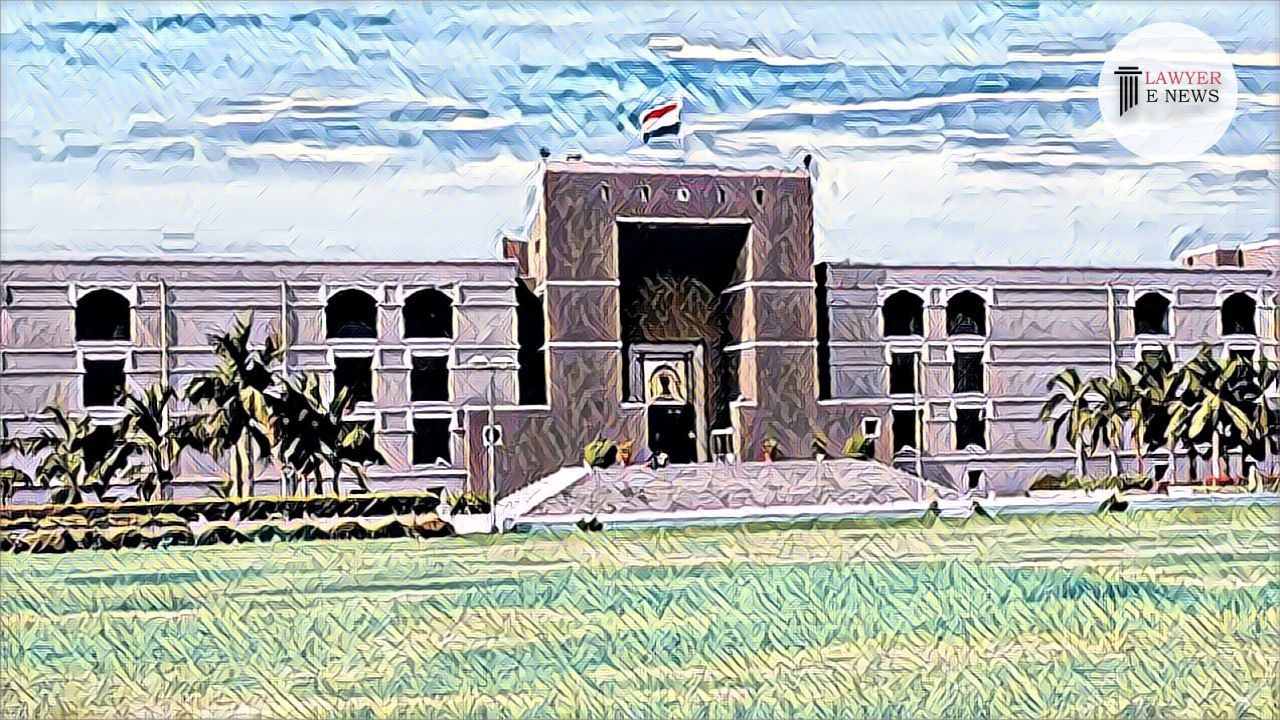-
by Admin
15 February 2026 5:35 AM



High Court Orders Rs. 5,00,000/- Compensation to Widow, Criticizes University for Ignoring Medical Opinion and Failing to Accommodate Employee
In a significant ruling, the Gujarat High Court has set aside the termination of Maheshbhai Tejabhai Desai, a contractual driver with a respondent-University, on medical grounds. The bench, comprising Justices A.S. Supehia and Mauna M. Bhatt, criticized the arbitrary nature of the termination and ordered the University to pay Rs. 5,00,000/- in compensation to Desai’s widow. This decision underscores the importance of adherence to contractual terms and fair treatment of employees.
Maheshbhai Tejabhai Desai was appointed as a driver on a contractual basis by the respondent-University on August 1, 2014. Despite rendering satisfactory service for nearly three years, he was terminated on February 16, 2018, citing medical reasons. Desai challenged his termination, but the writ petition was dismissed by the Single Judge. Desai passed away during the pendency of his appeal, and his widow continued the legal battle seeking justice and compensation.
The Court noted that the Medical Board Examination had deemed Desai fit for duty as a driver with due risk. “The opinion of the Medical Board stated that despite Desai’s neurological condition, he did not have any neurological deficit and could perform his duties with caution,” observed the bench.
Addressing the University’s reliance on Condition No.3 of the appointment order, which allowed termination without reason, the Court remarked, “Such a clause must be read in conjunction with the overall objective of ensuring satisfactory performance.” The termination was found inconsistent with both the appointment terms and the University’s failure to accommodate Desai in an alternative role, despite the Medical Board’s advice.
The bench emphasized that no rules or regulations justified the termination on medical grounds, particularly when the Medical Board had not declared Desai entirely unfit. “The action of the University appears illegal and arbitrary,” the judgment stated.
The judgment highlighted the importance of fair and reasonable application of termination clauses in employment contracts. The Court held that the University’s failure to accommodate Desai in a suitable alternative position, despite medical clearance with due risk, constituted a violation of employment terms and principles of natural justice.
Justice A.S. Supehia remarked, “The termination of the petitioner from service by resorting to Condition No.3 of the appointment order was uncalled for and unjustified.”
The Gujarat High Court’s decision to set aside the termination and award compensation to Desai’s widow marks a significant precedent in employment law, particularly concerning the fair treatment of contractual employees. By highlighting the need for just and reasonable application of termination clauses, the judgment reinforces the judiciary’s role in safeguarding employees’ rights against arbitrary administrative actions.
Date of Decision: June 11, 2024
Maheshbhai Tejabhai Desai & Anr. V. State of Gujarat & Ors.
